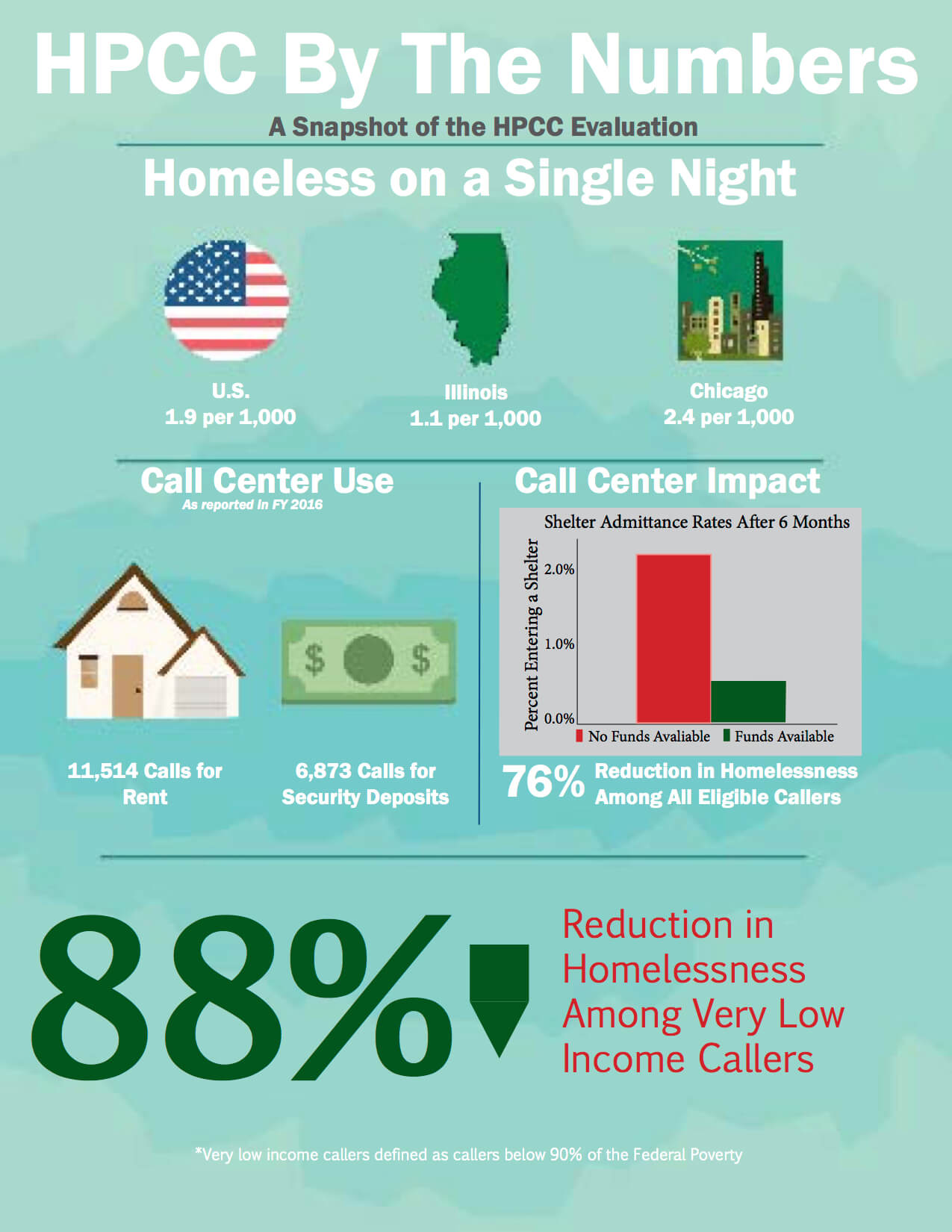Co-Founders Jim Sullivan and Bill Evans and recent Notre Dame grad Melanie Wallskog (Econ ’16) determined the impact of receiving emergency funding on those at risk of homelessness in Chicago.
“Policymakers and housing experts have long debated how best to address the persistent problem of homelessness in the United States,” Sullivan said. “Our study shows that not only do targeted prevention programs work, but they also can save the community money.”
Nearly every major U.S. city offers a hotline for people facing homelessness to call in order to request emergency financial assistance. Despite the fact that more than 15 million people call these hotlines each year, little has been done to understand what effect, if any, they have on homelessness.
This study, the first to show that emergency financial aid significantly reduces homelessness, indicates that call centers across the U.S. that have insufficient resources to serve their communities should target families that have the greatest risk of homelessness — those with a very low income. The results also indicate that policymakers should consider emergency financial assistance as an effective, evidence-based approach for preventing homelessness.
Learn more about the study.
Read the article in Science.
Learn more about LEO's research on housing.
